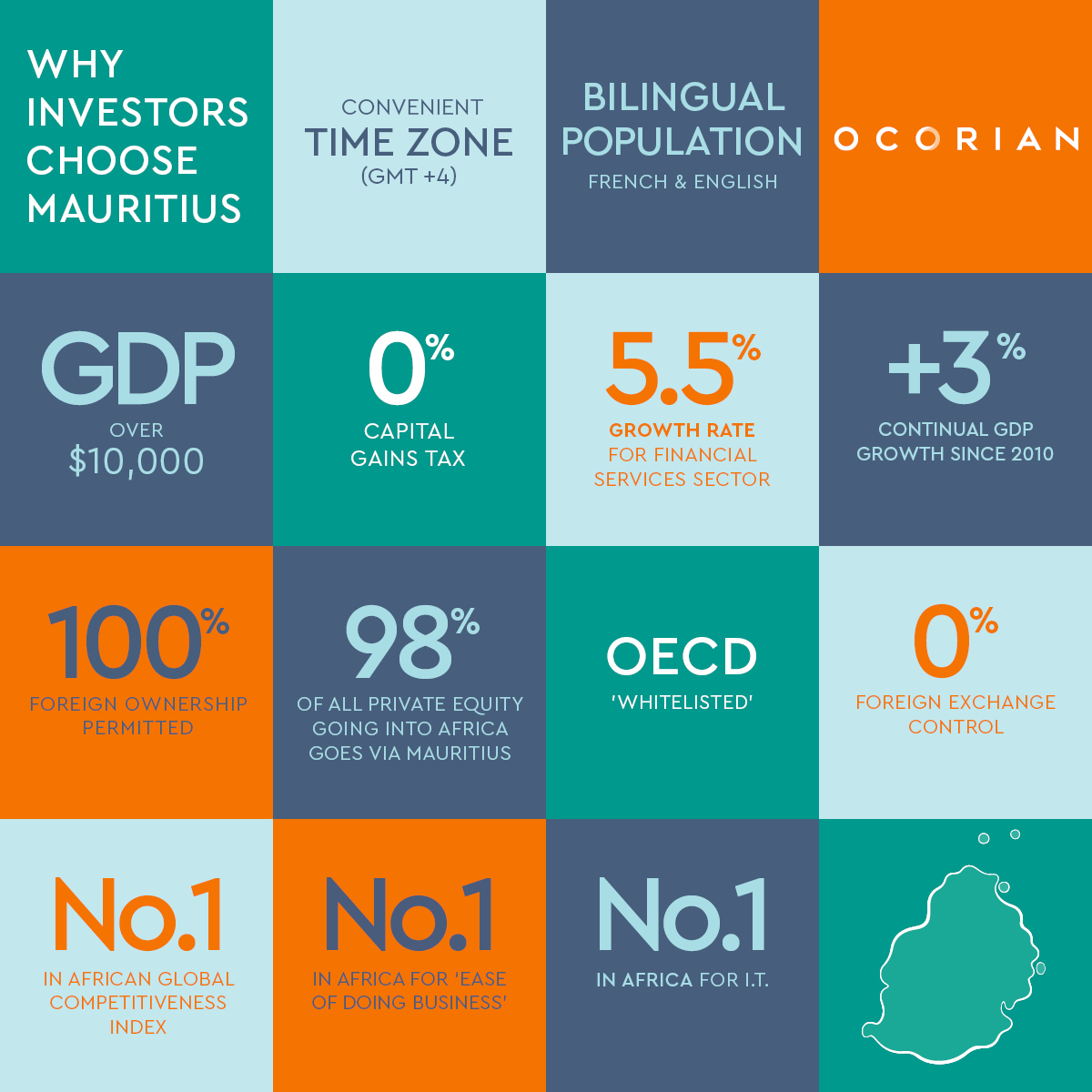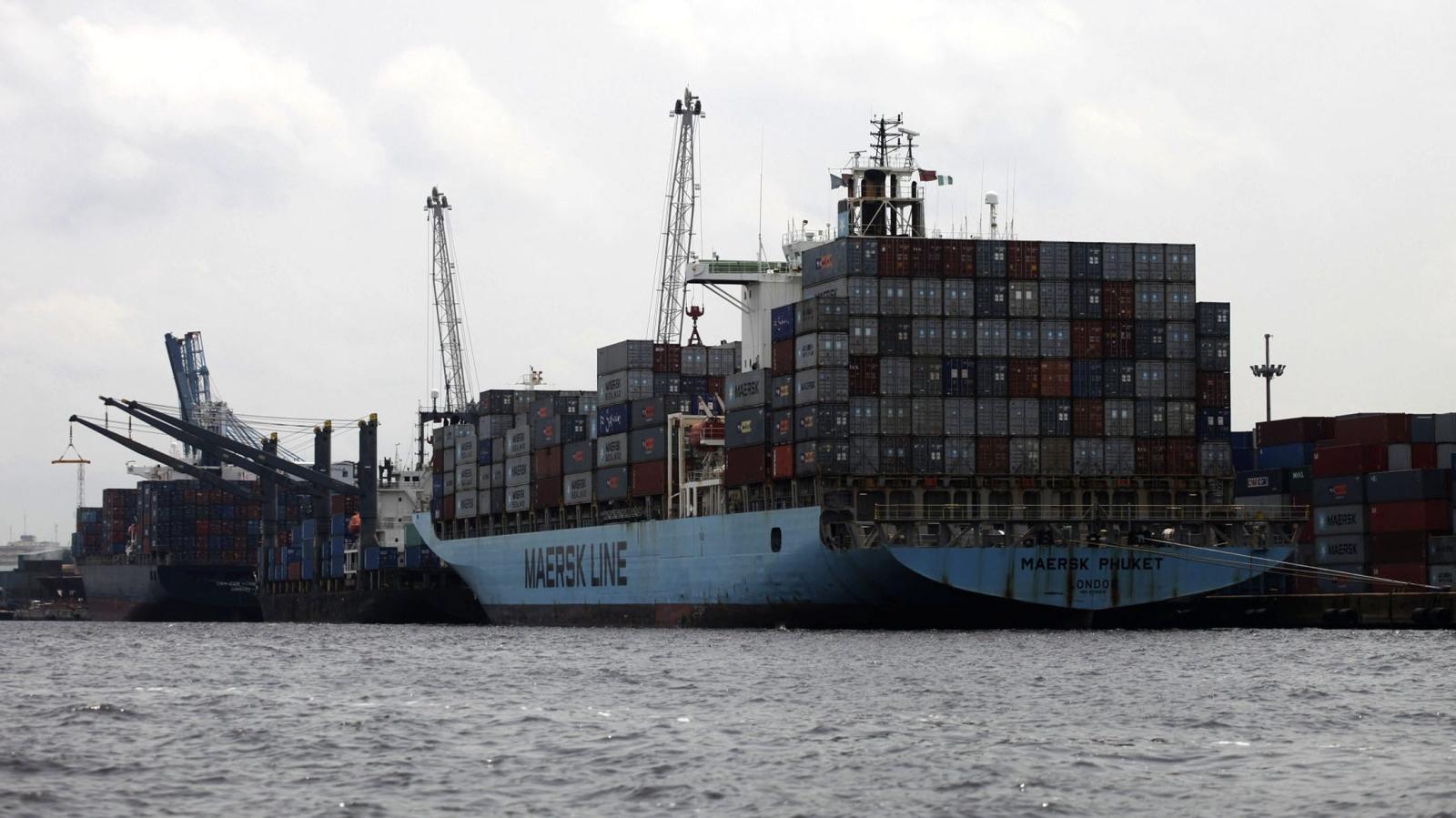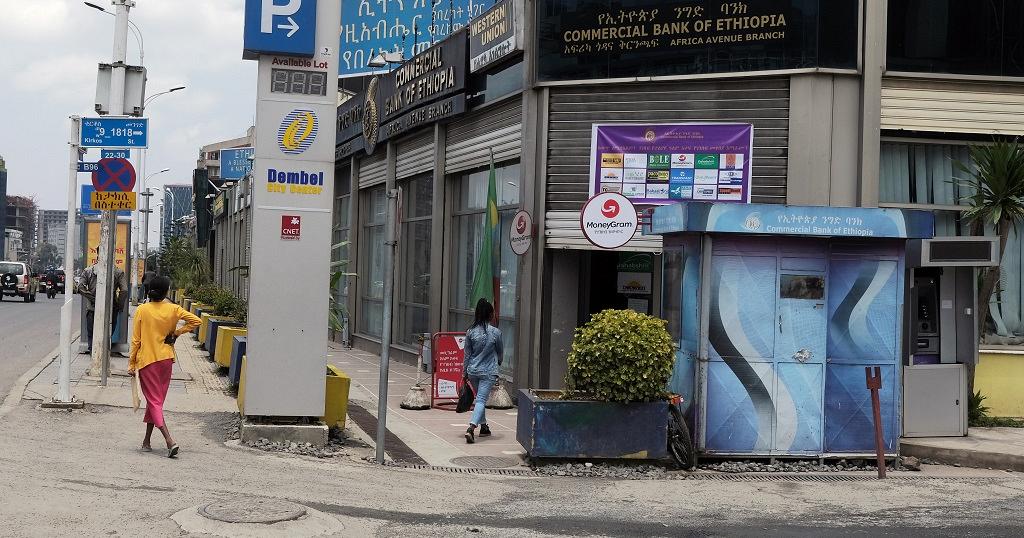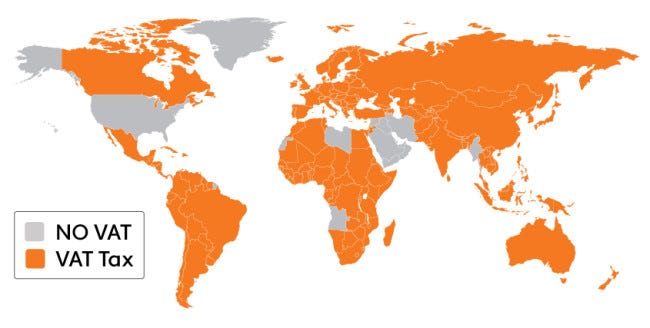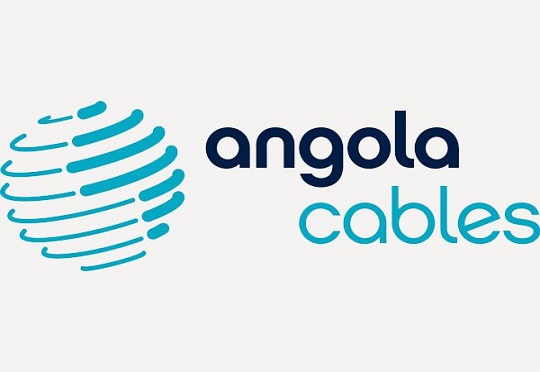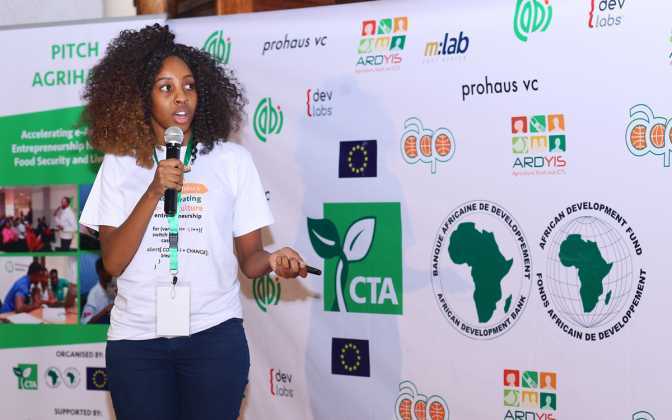Investor confidence in Africa is returning
Investor confidence in Africa is returning
By SANDILE HLOPHE
Africa appears to have made its way back onto a growth trajectory with foreign direct investment (FDI) inflows to the continent expected to increase by 15% in 2019, after a rise of 11% to $46bn in 2018. As encouraging as the signs are, inflows are still below the annual average of the past 10 years of about $50m, but confidence is returning and that level could be regained by year end.
This is partly thanks to advances in regional integration and progress towards the implementation of the African Continental Free Trade Agreement (AfCFTA).
It is also being driven by Africa’s vast demand for business services, agribusiness, infrastructure, as well as information and communications technology (ICT), as the digital economy becomes a significant growth driver. Inflows into once all-important extractive industries, while still significant, continue to fade.
In several African countries, the digital economy is becoming one of the main drivers of growth, accounting for more than 5% of GDP. Technology and innovation have become the backbone of African economic success over past two decades despite internet access and penetration remaining low. Less than 30% of Africans have access to mobile broadband connectivity, compared with 79% of Americans. There are more than twice the number of internet users in Europe (501-million) than in the whole of Africa (213-million).
When it comes to digital infrastructure, Africa suffers from poor-quality and expensive services compared to other parts of the world. While the digital infrastructure and services gap in Africa remains high, there is increasing activity and investment on the continent to close the gap.
Agricultural production, or agribusiness, also plays a vital role in Africa’s economic development by contributing about 25% of the continent’s GDP and 70% of its employment.
In many countries, most crops are produced by small-scale farmers with limited mechanisation and capacity, leading to poor yields.
Fragmented markets, price controls, underinvestment and poor agri-infrastructure also hamper production. To tackle these challenges, the World Bank Group has increased its annual agriculture investment in Africa from $4.1bn to $6.1bn over the past four years.
In 2018, there were reduced FDI flows to some major economies of the continent, including Nigeria, Egypt and Ethiopia.
But these were offset by large increases into other economies — most significantly SA, which doubled its FDI inflows from $2bn in 2017 to $5.3bn in 2018, predominantly due to investment into mining, petroleum refinery, food processing and ICT. FDI inflows to North Africa increased 7% to $14bn, due to elevated investments in most countries of the subregion.
However, FDI to West Africa fell 15% to $9.6bn (the lowest level since 2006), largely due to the substantial drop in Nigeria. And lower than expected global economic growth, rising trade tensions and tepid economic growth in sub-Saharan Africa, conspired to limit the extent of the FDI increase in 2018 for the continent overall.
In terms of major players, France continues to be the largest foreign investor in Africa — due to its historical links with several countries on the continent and large investments in major hydrocarbon-producing economies, particularly Nigeria and Angola.
The Netherlands holds the second-largest foreign investment stock in Africa, more than two thirds of which is concentrated in only three countries, Egypt, Nigeria and SA.
Interestingly, the total stock of FDI in Africa from both the US and the UK has decreased in the past four years as a result of divestment and profit repatriations.
The stock of China’s FDI in Africa, in contrast, increased by more than 50% between 2013 and 2017.
FDI outflows for all African countries in 2018 dropped by 26% to nearly $10bn. Significant reductions in outflows from Angola and SA largely accounted for the drop.
• Hlophe is EY partner and Africa region government and public sector leader.

